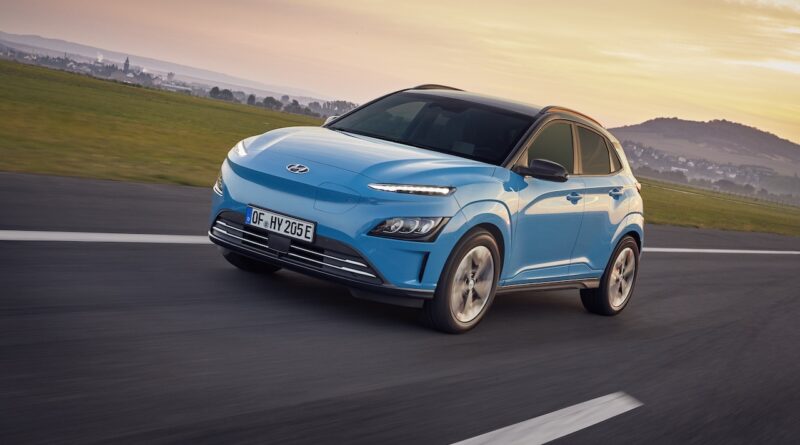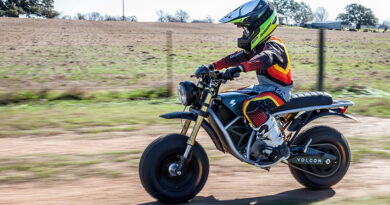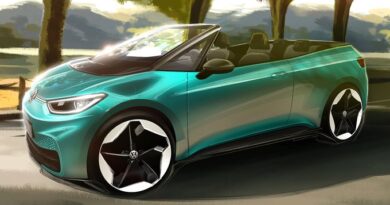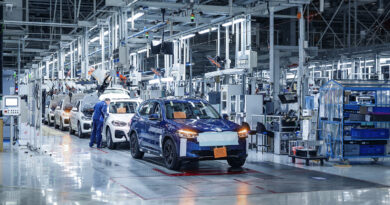Hyundai to cut ICE in half, invest in more EVs
Hyundai is set to slash the number of combustion-engined models in its global line-up in half, to free up money to invest in EVs, according to a Reuters report.
According to the report, quoting “people close to the South Korean automaker”, the strategy was approved by top Hyundai management in March.
“It is an important business move, which first and foremost allows the release of R&D resources to focus on the rest: electric motors, batteries, fuel cells,” the person said, without giving a timeframe for the plan.
READ MORE: Hyundai Ioniq 5 to cost less than Tesla Model 3?
Responding to enquiries about the shift, Hyundai declined to address them directly but said it was “accelerating adoption of eco-friendly vehicles such as hydrogen fuel cell vehicles and battery EVs”.
And that it would also work to improve the efficiency of its internal-combustion vehicle line-up in emerging markets.
Hyundai’s stated goal is to grow its full EV offerings in key markets like the US, Europe and China before reaching full electrification of its line-up by 2040.
That goal will have to be reached earlier in some markets, like the UK, which are banning the sale of ICE vehicles by 2030.
Hyundai Motor Group, a top 10 player globally, which also includes Kia and Genesis brands, aims to be selling 1 million EVs a year by 2025 and wants to grab a 10 percent share of the worldwide EV market.
Hyundai already has various electrified vehicles on the market with the Ioniq and Kona Electric. But the brand will step things up in 2021 with the Ioniq 5, the first of a sub-brand of Ioniq models that will also include an Ioniq 6 and Ioniq 7.
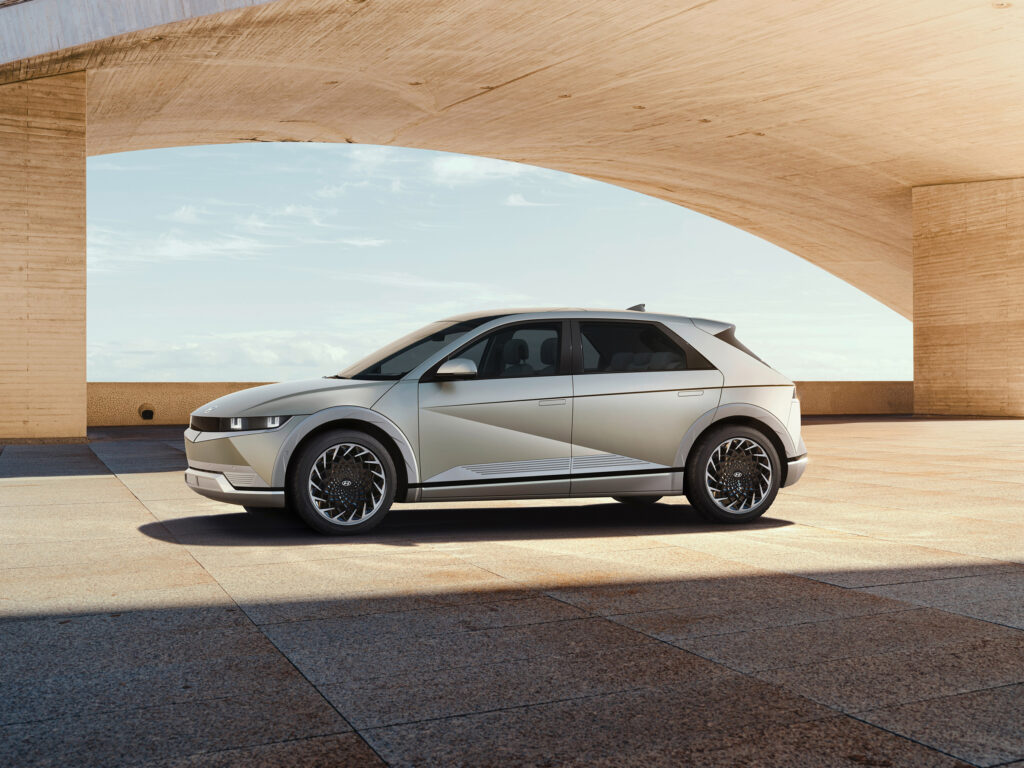
Any changes from Hyundai will also affect sister brand Kia, which is planning an equally ambitious push into the electric car market with its EV family, the first of which is the Kia EV6.
The huge cost of the Hyundai investment in electric technology means there is little money left to invest in conventional engines, a story being told at many car companies.
“Hyundai has stopped developing new powertrains for internal-combustion-engine cars,” one of the people told Reuters.
The group will finalise its strategy to switch to all electric models within the next six months, one source said.

